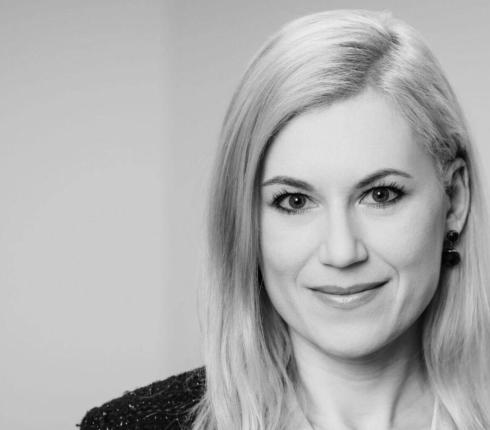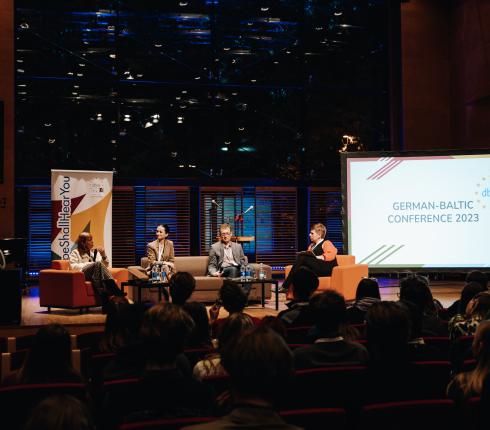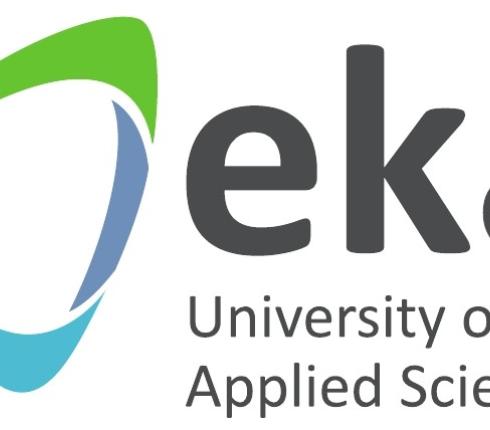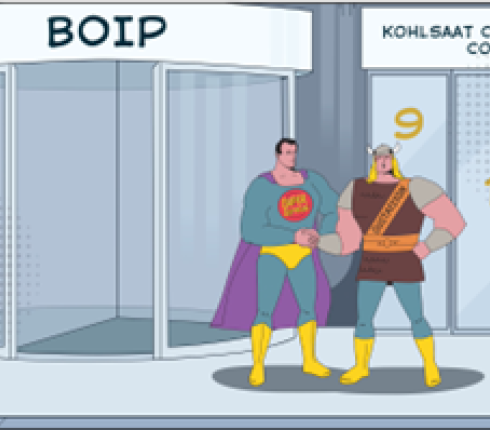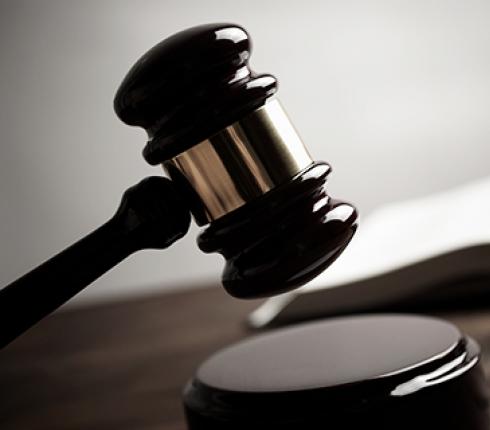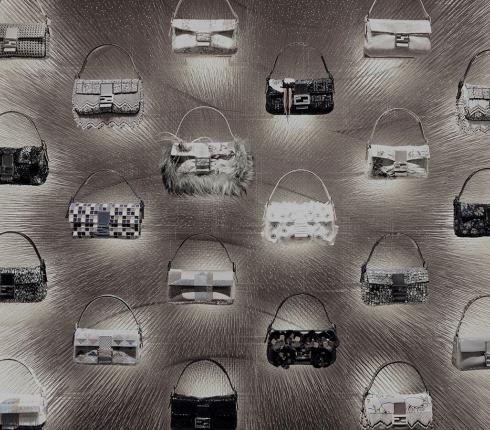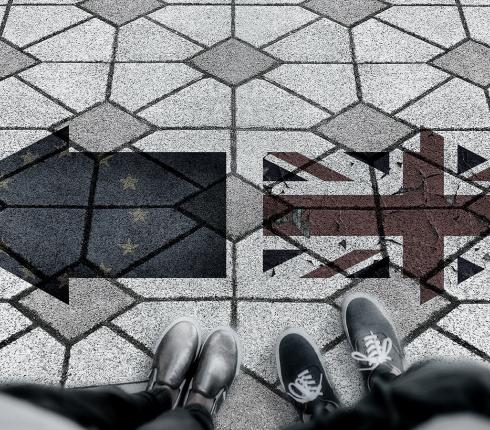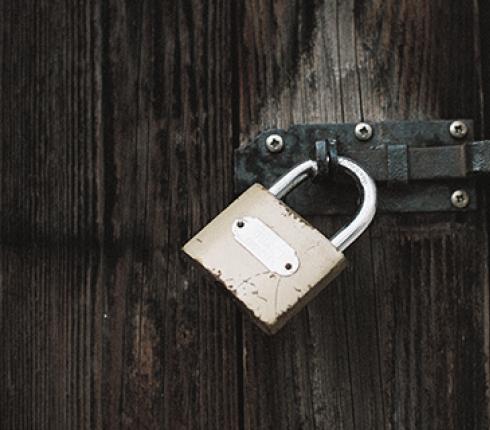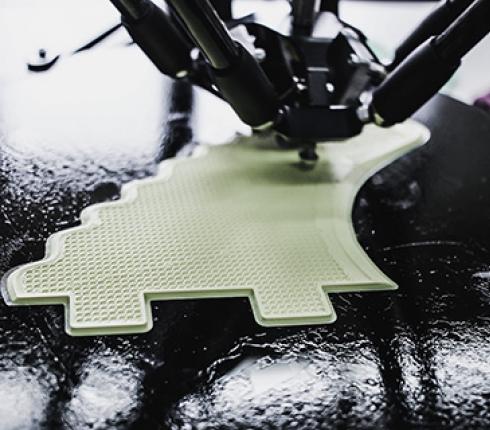The Supreme Court of Lithuania has ruled on the distinctive character of a trademark acquired through its use
In its decision of 11 November 2020, the Supreme Court of Lithuania stated that the protection of the rights of a trademark owner and the protection against unfair competition by using an identical or similar trademark can be granted only if a sign has a distinctive character.
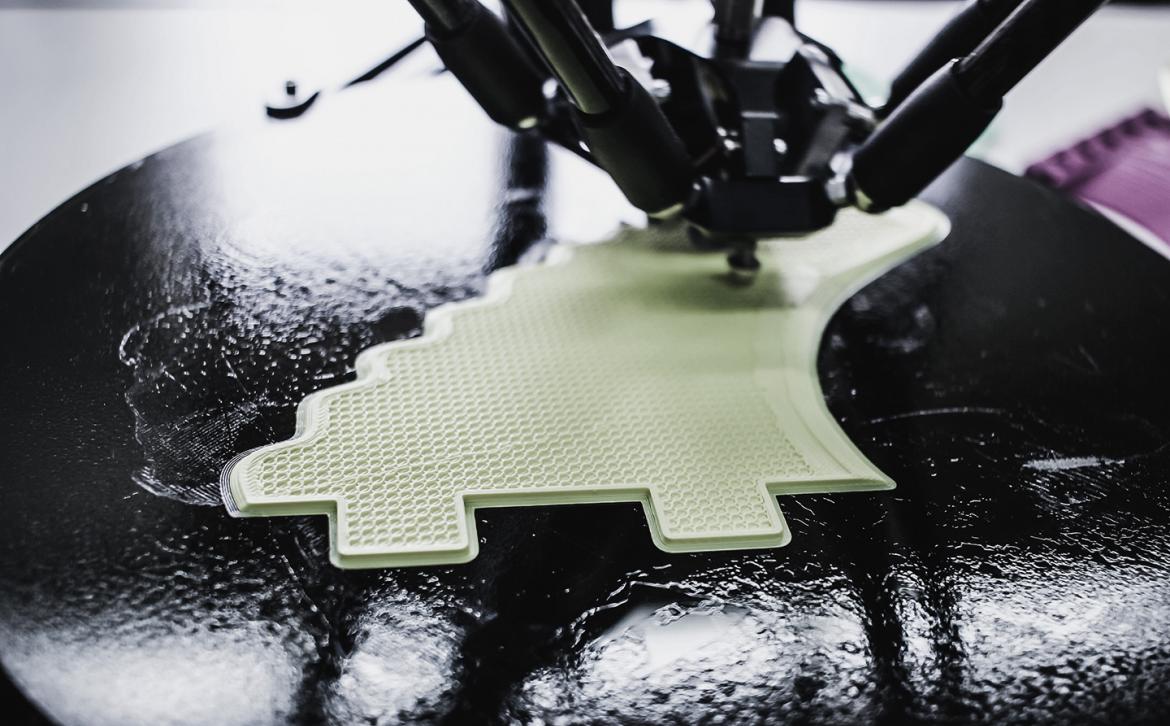
Having defined the main function of the trademark, the Supreme Court of Lithuania emphasised that in deciding whether a sign is distinctive, the decisive factor must be the overall impression given by the sign to the public and not the analysis of its individual details.
Specifically, in this decision, the Supreme Court of Lithuania ruled on the distinctive character of a trademark when the distinctive character is acquired through use. Following the General Court of European Union’s interpretation that the same element may be used both as a trademark and in another form, such as the name of a website or part thereof, the Supreme Court of Lithuania states that a trademark may acquire distinctive character through use as a domain name or when used in a company name. However, in such a case, the trademark only has distinctive character if the relevant public can immediately perceive it as an indication of the commercial origin of the goods or services covered by it, the purpose of which is to enable it to distinguish, without error, the goods or services of the trademark owner from those of other commercial goods and services.
Following case law of the General Court and the Court of Justice of the European Union, the Supreme Court of Lithuania has set out the assessment criteria for determining whether a trademark has acquired distinctive character through use. For such an assessment, it is important to take into account the market share of the trademark, its intensity of use, geographical spread and duration, the size of the company's investment in advertising and statements by chambers of commerce and industry or other professional associations. For the assessment, other useful information is the number of logins to the internet owner's website, the ranking of that website in terms of frequency of visits from various countries or the number of times the trademark or its derivatives have been searched by internet search engines.
The Supreme Court of Lithuania noted that the trademark, which has been used for a long time to designate the same goods or services of different manufacturers and distributors, may lose its distinctive character, and gain general meaning in everyday language and, therefore, the trademark owner is not protected.

